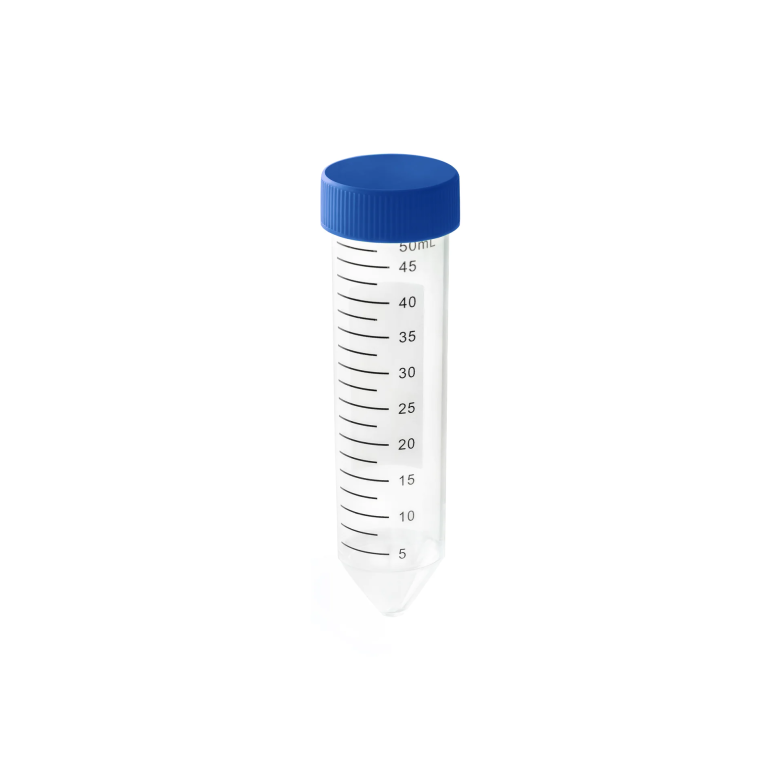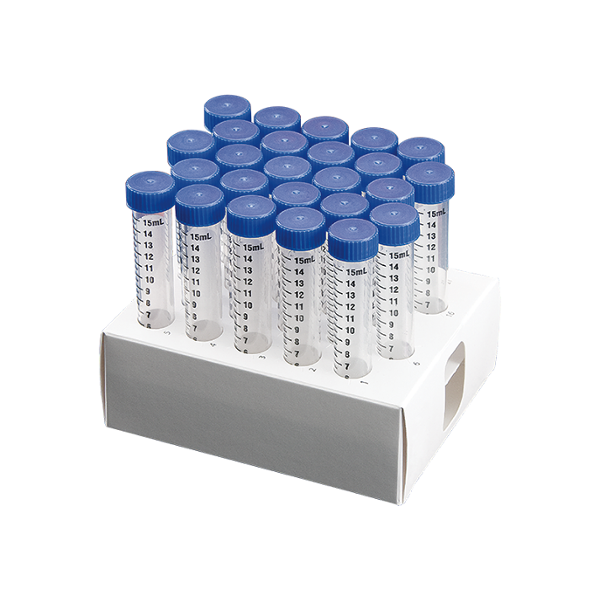Using a pipette tip is a fundamental practice in laboratory work for several important reasons:
- Accuracy and Precision: Pipette tips are designed to work in conjunction with pipettes, which are precision instruments used for accurately measuring and transferring liquid volumes. The combination of a pipette and a properly fitting pipette tip ensures accurate and precise liquid handling, critical for obtaining reliable and reproducible experimental results.
- Preventing Contamination: Pipette tips are disposable, and their single-use nature helps prevent cross-contamination between different samples. Using a fresh pipette tip for each sample minimizes the risk of carrying over contaminants from one sample to the next, ensuring the integrity of experimental data.
- Maintaining Sterility: In many laboratory applications, especially in fields like microbiology and molecular biology, maintaining a sterile environment is crucial. Sterile pipette tips are produced under controlled conditions to minimize the risk of introducing unwanted microorganisms into experiments.
- Ease of Use: Pipette tips are designed for easy attachment and removal from pipettes, facilitating quick and efficient liquid handling. This feature is particularly important when working with multiple samples or when time is a critical factor in laboratory procedures.
- Reducing Experimental Variables: Using a standardized and disposable pipette tip helps minimize experimental variables. Reusable tips could introduce variability due to variations in cleaning methods and the potential for residual contaminants, which could impact experimental outcomes.
- Compatibility with Pipettes: Pipette tips come in various sizes and are designed to be compatible with specific pipette models. Using the correct pipette tip ensures that the pipette operates optimally and delivers the intended volume accurately.
- Minimizing Sample Waste: The precise design of pipette tips allows researchers to dispense and aspirate liquids accurately, minimizing the risk of wasting valuable samples or reagents.
- Convenience: The disposable nature of pipette tips simplifies laboratory workflows. Researchers can easily switch between different samples without the need for extensive cleaning processes, saving time and effort.
In summary, pipette tips are an essential component of laboratory practices, contributing to the accuracy, reproducibility, and efficiency of liquid handling procedures. They play a crucial role in maintaining the integrity of experiments, preventing contamination, and ensuring that researchers can trust the reliability of their results.


